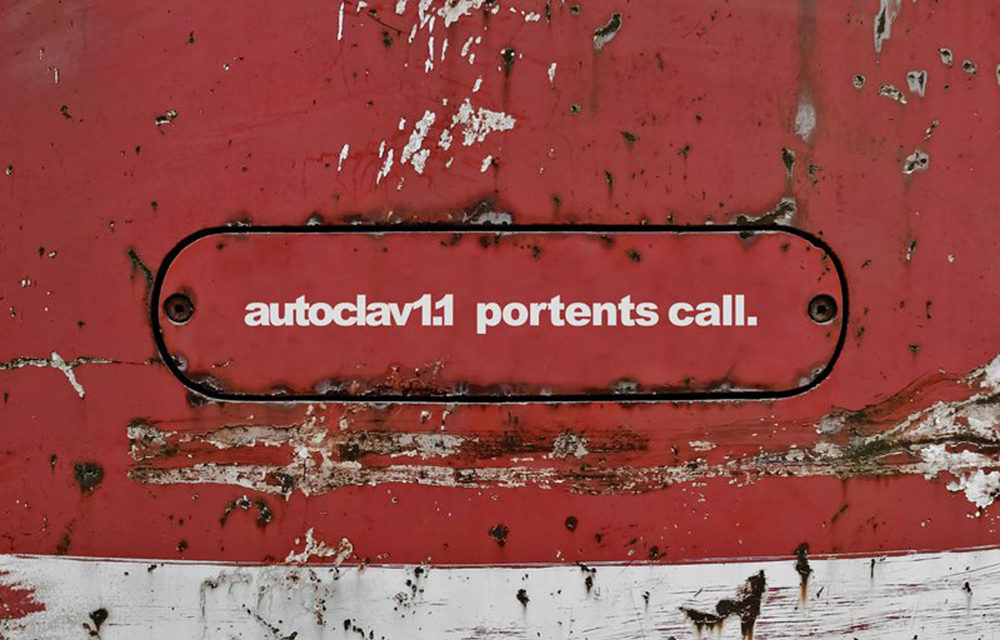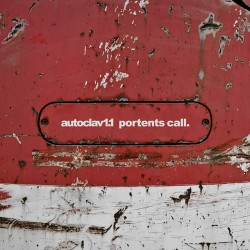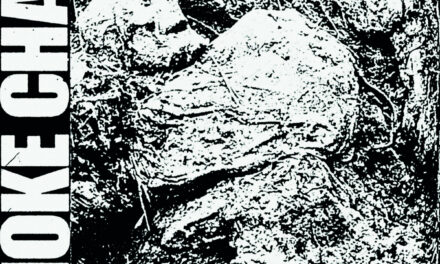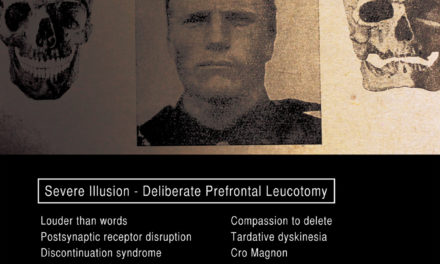Autoclav1.1
Portents Call
Tympanik
I don’t think there’s anything to dislike in the music of Autoclav1.1, and that’s part of why I’m puzzled by my general lack of enthusiasm for the project’s output. In the years since Tony Young first started making industrial-tinged IDM under the AC1.1 moniker, the project has shown considerable growth and evolution; 2012’s Embark on Departure specifically felt like a culmination of sorts, with rough edges having been sanded down, and strengths capitalized on expertly. Still, while I can certainly point to some of the sounds I think are interesting (and a few that show a lot of potential for future endeavours) on the new LP Portents Call, I still have a hard time feeling engaged during my listening sessions.
I think a large part of that has to do with the palette of digital sounds Young works with. I’ll never say an unkind word about his studiocraft, which has a pleasantly spacious and unobtrusive vibe (the latter quality being a harder to pull off than you might think in a genre where production is king). It’s more that I find his songs often rely on the same sorts of resonant synth patches that have been hallmarks of melodically-oriented IDM for decades. They’re perfectly good, it’s just hard to shake that we’ve heard sounds very much like them before. “Zoff Elemental” and “Erbowl” are nice enough, melodious and containing a few interesting textural shifts, but nice is all they are, and they end up passing over the listener without impact.
That same factor also sandbags one of the more interesting elements in the Autoclav1.1 arsenal, namely the use of piano and string sounds. Young has an ear for an arrangement, relying on the rich timbral nature of those instruments (even in their simulated form) to work for him without crowding the mix with effects or other sonic distractions. Sadly that sense of economy works also against him: when those organic sounds are played alongside non-descript synthetic ones, no sense of tension is produced and renders potentially lively songs like “Black Powder” or the mellow “Wafer Skin” more inert than they might have been otherwise. They aren’t bad, they’re just not as good as they perhaps could have been.
Still, I think Portents Call has some really nice moments on it, most of them revolving around the use of female vocals. On album opener “The Pledge” reversed and manipulated singing is woven through the mix in soothing fashion, shining through the mix at just the right moments to lend a sense of tangible humanity to the song. Similarly, on the lovely “Currency Stone” its use signals various shifts in rhythm and arrangement, each phrasing ushering a new instrument or a callback to a previous sequence. It’s a really neat trick in construction, transparent but effective and indicative of Young’s skill. He does some equally subtle and interesting things with his drums, switching up the sounds in his breaks on closer “Descending West”, producing an almost subconscious groove.
Despite my general reservations, I’ve never regretted checking in with Autoclav1.1. Even when I feel like his songs have something missing or could have been more than they were, I still appreciate the ideas and care that go into them. It’s clear that Young is still tweaking and experimenting with Autoclav1.1, and that fluidity has a lot of charm to it. Without wanting to sound condescending I always want to give the project full marks for effort; Portents Call feels very close to something I would be into, and that’s enough to warrant a couple listens and my attention in future.






